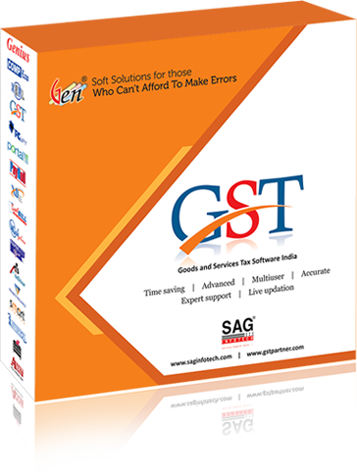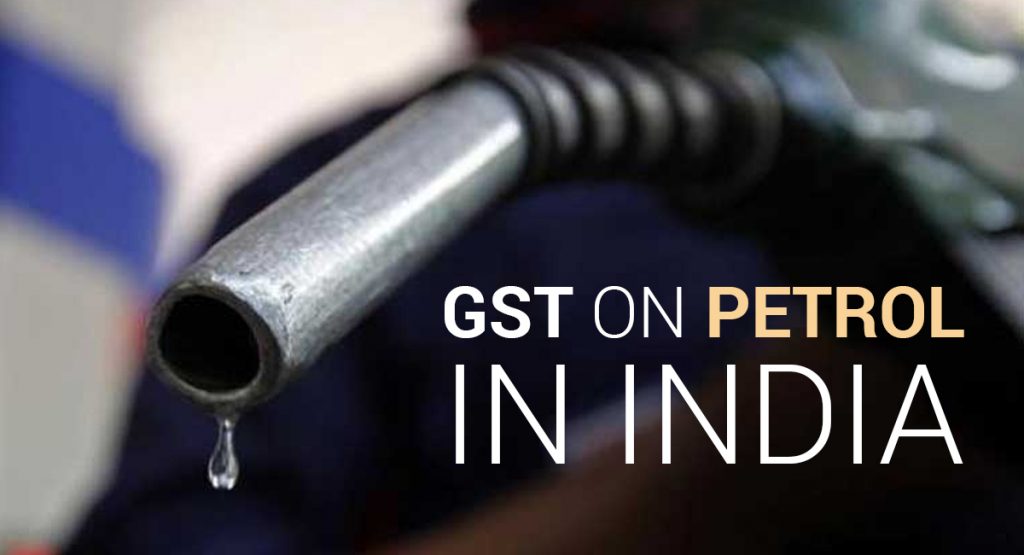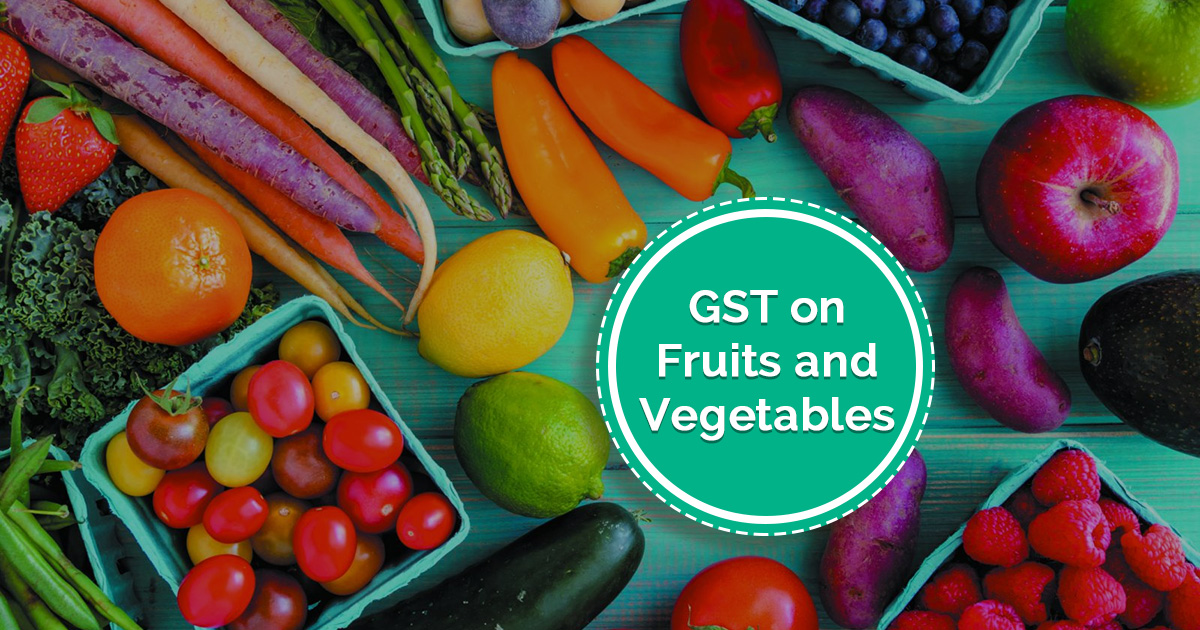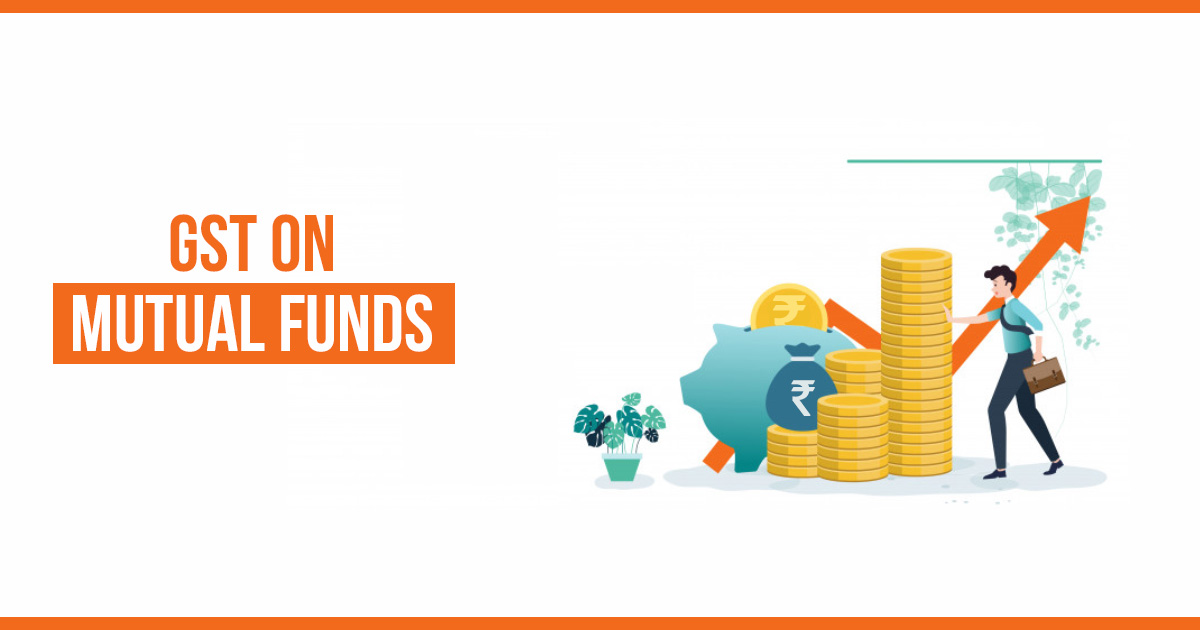How will GST effect petrol prices? Petroleum products including petrol, diesel, natural gas, kerosene, crude oil, fuel, etc., have been kept outside of GST cover, as of now. In the present scenario, three different taxes are being levied on the petrol prices – VAT, Excise duty, and the commission of dealers.
This is in addition to the actual price of the petrol, and the consumer is the one to pay all these taxes along with the cost of petrol. However, it is being hoped that the petroleum products may also be soon included under the GST which may reduce their prices effectively.
As per the latest market reports, the price of petrol has reached over Rs. 70 a litre in major cities including Delhi and Mumbai, which is highest in the last three years. This is despite the fact that petroleum prices in the international market have gone down by around 50% in the last three years (from USD 98 per barrel of crude oil in 2014 to USD 50 per barrel in 2017). But the cost in India remains the same.
The Central Petroleum Minister Dharmendra Pradhan, in a statement, said that the prices of petrol and other related products may go down by the upcoming Diwali festival. The reason is that the prices are defined in the international market, and the availability of petrol has been impacted greatly by the recent floods in America.
He also assures that the petrol prices will be reduced effectively as and when it is included in the GST regime, which he hopes will be done soon. When it happens, the prices of petrol may go down by as much as 50% (Rs. 38.10 in Delhi) if GST is levied at 12 percent rate.
The main reason for the high cost of diesel and petrol in India are the various tax components being charged on the cost price. This includes Excise duty (at Rs. 21.28 per litre) and VAT (around 27%).
Contents
Items Excluded From GST
Is there GST on petrol? The answer is No. The petroleum products, real estate, electricity, and alcohol are outside the domain of GST framework. Many critics are blaming the Central Government for this, however, it’s the pressure from the respective State Governments that have compelled the central to keep these products and services out of the GST regime.
All the items that have been exempted from GST will attract the same previously charged taxes from the central and state governments, which is different in every state depending on the local VAT. It must also be noted that the GST council has made it clear that all these exempted items will be brought under the GST, sooner or later.
Reason For Exclusion From GST
As of now, petroleum crude, natural gas, diesel, and petrol are all out of the GST framework. So, input taxes paid on the output of crude oil, gas and automotive fuel would not be credible, thus jacking up the tax burden. Thankfully, oil products such as cooking gas, kerosene, and naphtha are included in the GST regime, so some taxes can be set-off against taxes already paid. But it would be a messy situation that is wholly avoidable.
The main reason for the exclusion of the petroleum and other products from GST is that petroleum products fetch nearly 45% of the Centre’s Indirect Tax revenue while the sale of petroleum products and potable alcoholic liquor constitutes nearly 55% of the State tax income.
The exclusion of petroleum, liquor and real estate, which accounts for nearly 40 percent of total revenue, has been a point of criticism. However, it must be understood that the share of revenue on petroleum may be high, but to judge the impact of the GST on the basis of the share of revenue is to miss the macroeconomic picture.
Also Read: Impact of GST On Car Prices In India
GST on Petroleum Products India
Petroleum is a bulk commodity and which is traded in bulk, hence the impact of non-inclusion of petroleum does not adversely affect the creation of a common market for the general merchandise, like raw materials and machines. Moreover, there can be a proper system of value-added tax (VAT) at the state level and CENVAT at the central level for petroleum and other products, which will solve the problem of input credit. No great harm is done if parallel VAT runs with GST.
The petroleum industry will continue to pay input tax on their purchases, but will not avail any benefit for the output. Sooner or later, the GST Council will have to take a decision on petroleum. We must know that the petroleum products such as cooking gas, kerosene, and naphtha are included in the GST regime, hence the oil companies would need to comply with both the old and new tax regimes. It should be noted that these three products have been taxed under 5% GST rate.
Reports have claimed that the exclusion of the petroleum products from the GST will cause oil producers, refiners, and marketers a loss of Rs 25,000 crore per annum. Apart from GST, the daily price changing system for crude oils has also been causing a huge amount of monetary loss to the petroleum dealers, hence are opposing this mechanism. To show their protest, all the petrol pumps will not be functioning on 12th July.
All India Petroleum Dealers Association chairman Ajay Bansal said that the prices of petrol and diesel are decreasing every day in the last 17 days. Due to the decrease in the price of petrol and diesel, small dealers have received a loss of about 400 crore. He has demanded from the government that the commission of dealers should be protected which can save them from the losses. Along with this, the organization has demanded automation of 100% pumps.
Also Read: Impact of GST on State Government Revenues in India
What if Petroleum is included in GST?
If and when the GST is applied on the petroleum products, there will be only a single GST tax on petroleum products, most probably at 12% GST rate, which will effectively cut the prices by as much as half of the current rates.
At 12% GST rate, the petrol price would be around Rs. 38.10 in Delhi, where the current price is over Rs. 70 per litre. Even if GST is lived at 18% rate, the price will be Rs. 40.05 a litre which is still 43% cheaper than the current cost. The price of diesel will also go down significantly after the implementation of GST on these products.
The SUV compensation cess may also be levied on petrol and diesel prices when these products come under GST but the prices will still be much lower than the current costs.
The only reason why these products have not yet been included under GST by the council is that the tax collected from these contribute a big part of the government’s revenue, and the GST council is probably not ready to let it go just yet.







2 Replies to “GST on Petroleum products in India, List of Items Excluded from GST”